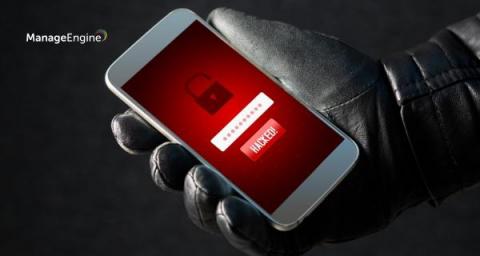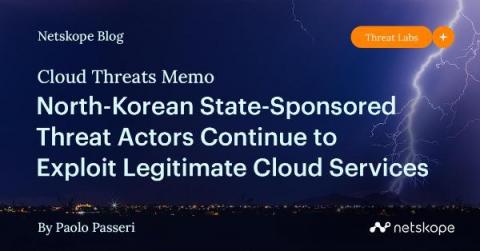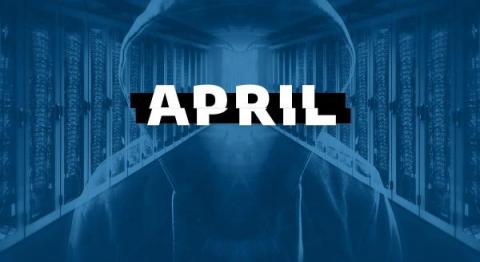Security | Threat Detection | Cyberattacks | DevSecOps | Compliance
Cyberattacks
What is a Kerberoasting Attack and How to Prevent It
A lot of us are fascinated with technology. Any form or mention of the subject piques an interest or at least a glance of curiosity. Unfortunately, we must endure the dark side of technology as well. From the beginning of the computer age, there have always been hackers who could match their criminal expertise to current technologies. Some hackers are concerned with small scams and easy entry points.
Five worthy reads: Shielding mobile applications from cyberattackers
Five worthy reads is a regular column on five noteworthy items we’ve discovered while researching trending and timeless topics. This week, we are exploring mobile malware attacks, how they have exploited users, and the ways to prevent them in the digital era. Design Credits: Dhanwant When was the last time you took a handwritten list to the grocery store instead of saving a list as a note or voice message on WhatsApp? Mobile phones have gone through a crazy evolution.
CommScope Hit By a Ransomware Attack Putting Employees at Risk
CommScope is a massive tech company with more than 30,000 employees. The organization works with companies around the world and helps to establish network infrastructure systems for hospitals, schools, federal agencies, and more. CommScope is based out of Hickory, North Carolina, and has been in business since 1976. The massive company has an annual revenue of 9.23 billion USD and manages substantial networks for businesses throughout the United States.
The Easiest Ways To Protect The Important Data In Your Company
How cybersecurity's "5 Percent Rule" could help you avoid the next cyber attack
It’s not easy being a cybersecurity leader these days. Security vulnerabilities in software, hardware, and devices are rising in number and severity, bringing with them risk of ransomware, breach, and other dangerous cybersecurity incidents. The risks presented by vulnerabilities are rising fast: Here’s the important question: With cyber vulnerabilities rising and presenting increasingly serious risks, are organizations doing enough to fight back? The answer might surprise you.
Cloud Threats Memo: North-Korean State-Sponsored Threat Actors Continue to Exploit Legitimate Cloud Services
Be the first to receive the Cloud Threats Memo directly in your inbox by subscribing here. While the most common cloud apps are also the most exploited for delivering malicious content, opportunistic and state-sponsored threat actors are constantly looking for additional cloud services to leverage throughout multiple stages of the attack chain.
Password Spraying Today: Everything To Know To Prevent Password Spraying Attacks
The Top Cyber Attacks of April 2023
WSJ: "Merck's Insurers On the Hook in $1.4 Billion NotPetya Attack, Court Says"
I get the WSJ Cybersecurity newsletter, which by the way is warmly recommended. Kim Nash today reported a shocker which will make everyone's insurance premiums go even further up: "Six years after the worldwide NotPetya cyberattack, a court ruled insurers for Merck & Co. must help cover $1.4 billion in losses. New Jersey appellate division judges rejected the insurers' argument that the 2017 attack, which U.S.










